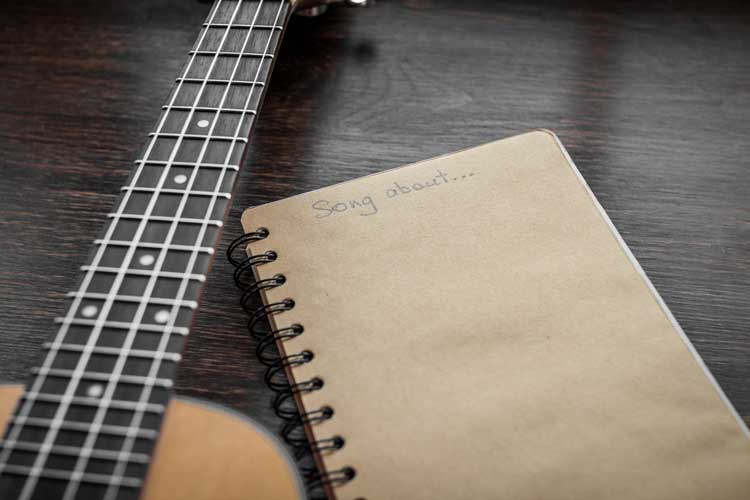
How much money do songwriters make? And how do songwriters get paid? Songwriting normally stems from the desire to create, or it is an outlet for an emotional release. Over time as the craft is perfected, songwriters begin to realize they may be able to turn their passion into a paycheck. Songwriting offers multiple opportunities to generate income, and you don’t even have to write the next big chart-topper to see a profit!
If you want to make money off your songs, you first need to understand how you will make money. Once your music is published, your song writing income will consist of mechanical royalties, performance royalties, synch fees and advances. Hopefully, our post helps answer the question about how much do songwriters make.
Mechanical Royalties
Every time a legal copy of a song is made, the songwriter will receive a mechanical royalty. A mechanical royalty is paid by whoever acquires a mechanical license to use a song. This can include a digital download, ringtone or interactive stream.
The Harry Fox Agency handles issuing mechanical licensees in the United States, as well as collecting and distributing the associated songwriting royalties.
Performance Royalties
When a songwriters’ song is performed in public, he or she will receive performance royalties. The performance can be live, on an AM, FM or satellite radio station, or through an online steaming service like Pandora or Spotify.
It would be impossible for songwriters to know every time their song is played which is why they will need to be affiliated with a Performing Rights Organization (P.R.O) to start receiving royalties. These organizations, such as BMI or ASCAP, will collect and distribute performance royalties on behalf of songwriters. Learn more about digital performance royalties here.
Sync Fees
A synchronization license is granted by the song owner or writer. This license makes it possible for the purchaser to use a song in sync with a composition such as a YouTube video, TV show or movie. A synch fee is the one time price a songwriter offers to a producer or director to use their song.
Synch fees are a bit different than other songwriting income sources because 50% goes to the songwriters and record label and the other 50% is for the artist.
Advances
Recoupable from future royalties, advances are weekly or monthly payments from a songwriter’s publisher. Advances on music royalties will stream from performance royalties, mechanical royalties and sync fees.

